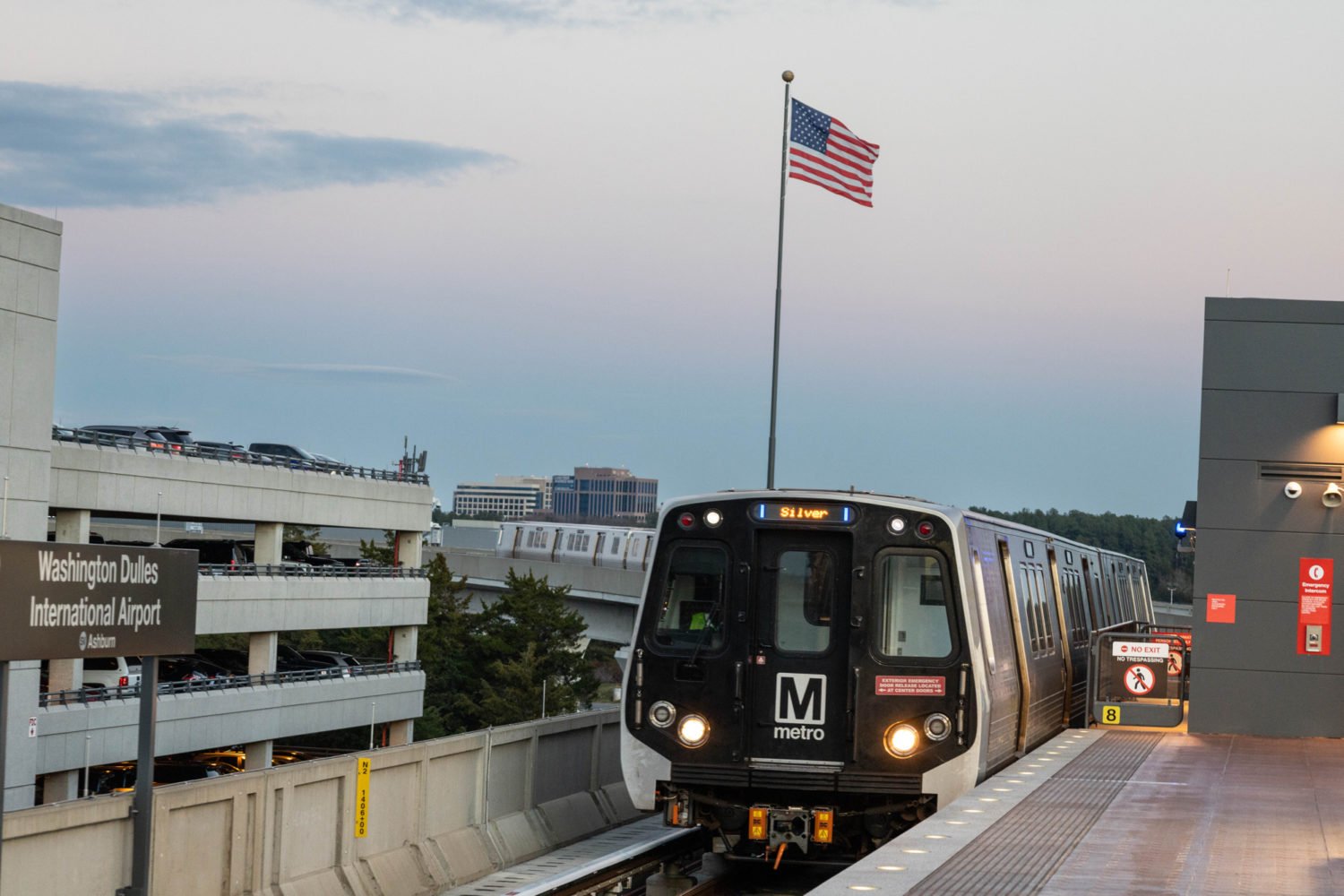 The word “surge” has an embattled history in Washington. It’s not clear who first applied it to President George W. Bush’s 2007 decision to send an additional 20,000 troops to Iraq,but by late that year, supporters were discussing the “surge option,” implying an intense but short-term wave. “If this is a temporary event, it might be more palatable,” military historian Lewis Sorley told the Washington Post at the time. Democrats countered with “escalation,” in an echo of the Vietnam War. Arguments about whether the strategy worked have been lost in calls to surge again, in Iraq and Afghanistan.
The word “surge” has an embattled history in Washington. It’s not clear who first applied it to President George W. Bush’s 2007 decision to send an additional 20,000 troops to Iraq,but by late that year, supporters were discussing the “surge option,” implying an intense but short-term wave. “If this is a temporary event, it might be more palatable,” military historian Lewis Sorley told the Washington Post at the time. Democrats countered with “escalation,” in an echo of the Vietnam War. Arguments about whether the strategy worked have been lost in calls to surge again, in Iraq and Afghanistan.
Uber, the car-service app, notched another strike against “surge” by popularizing the term surge pricing, the practice of charging more for rides at busy times—New Year’s Eve or, as happened earlier this year, when a woman paid $640 to get from Sterling to Reagan National during Winter Storm Jonas. The assonance of “surge” with “gouge,” along with the company’s blitzkrieg entry into taxi markets, now chimes less with “über-cool” than with über Alles.
Metro has shown a similar tin ear in talking up the 15 “safety surges” in its SafeTrack push, in which large sections are shut down for days at a time. Besides the infelicity of uttering “surge” around a system that runs on a sparky 750-volt third rail, the word’s history suggests that one surge only leads to another. Metro spokesman Dan Stessel confirms in an e-mail that an Iraq-model surge was what his bosses had in mind. “We wanted to make it clear that these projects would be quite different from routine track maintenance or even weekend track work,” he says. Stessel acknowledges that the name sets Metro up for a year of Iraq-related puns, but the connection doesn’t bother him: “We were aware of it and the fact that [the Iraq surge] was generally considered to be successful.”
We hope this surge will be, too. But Metro’s use of the term has surge connoisseurs concerned. “Yes, a ‘surge,’ ” tweeted Daniel McCarthy, editor of the American Conservative,in June. “The capital’s Metro system is such a mess its managers resort to Iraq metaphors.”
This article appears in our August 2016 issue of Washingtonian.



















